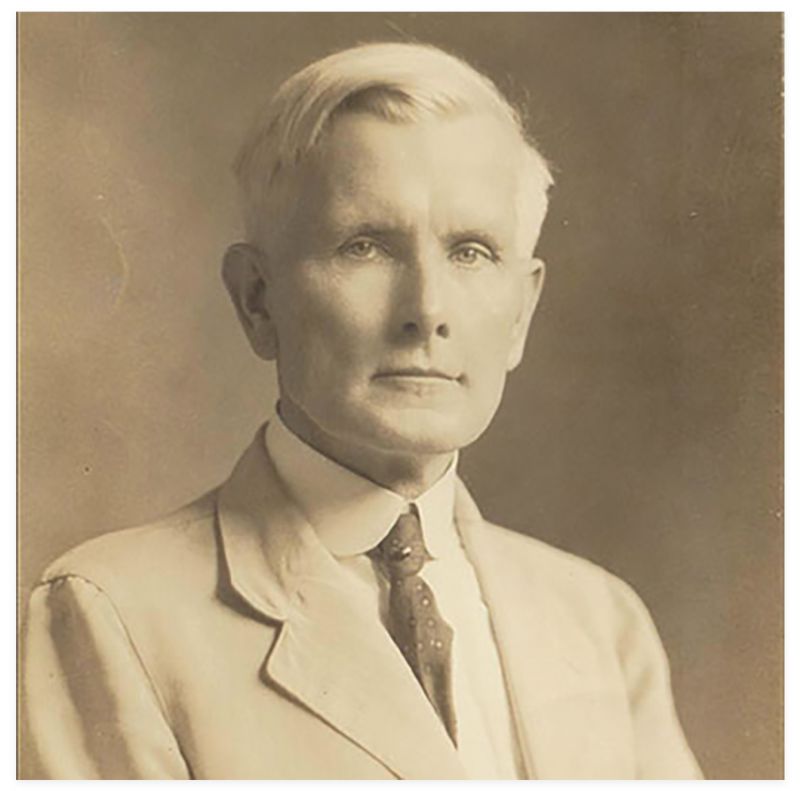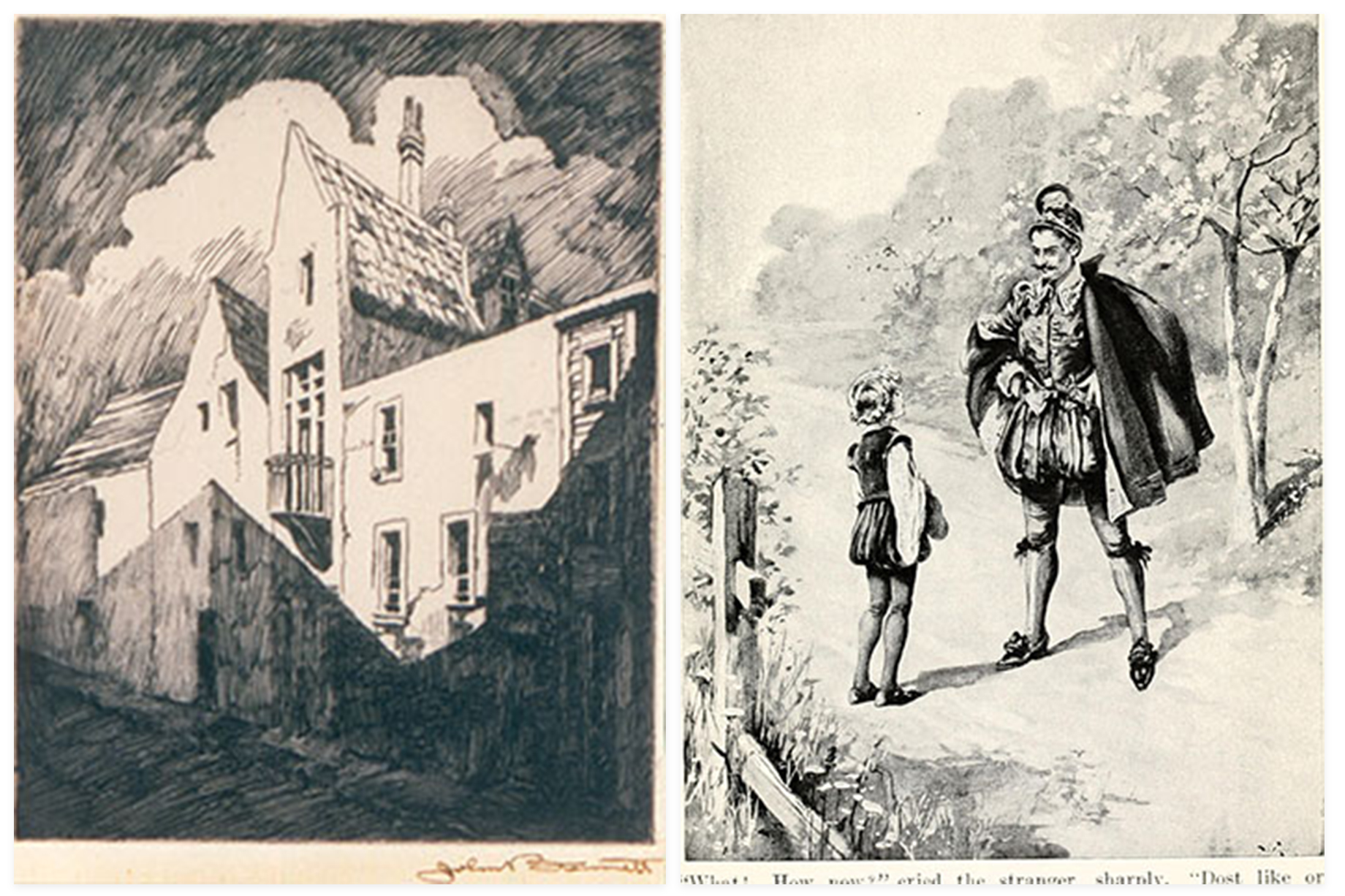The “Master Skylark” writer was born in in May 1865

The Civil War ended in April 1865, leaving Charleston in an economic and cultural decline. A month later on May 17, in Chillicothe, Ohio, a child was born who would later play a major role in reversing that downward trend.
John Bennett left school early to become an illustrator. He sold whimsical drawings and silhouettes to publishers and soon began adding stories to them, which appeared in St. Nicholas, one of the best children’s magazines of all time. At the New York Art Students’ League, he started writing a story set in Elizabethan England, which ends with its young hero, a cousin of William Shakespeare’s, singing before the Queen. Published in 1897, Master Skylark instantly became a childhood classic. It was about this time that Bennett met the Smythe family while vacationing in West Virginia. An invitation to visit them in the Lowcountry was soon issued, and in 1902, Bennett and Susan Smythe were married.

(Left) The cover image for The Doctor to the Dead, in which Bennett shared his interpretations of African American folk stories; (Right) An illustration that appeared in a later dramatization of Bennett's book, Master Skylark: A Story of Shakespeare's Time.
The only professional author in the city at the time, he charmed many, but upset others with his interest in local African American culture. In 1906, his landmark study of Gullah was among the first to declare it a language with its own grammar and rules. With a childlike sense of wonder and lack of prejudice, Bennett realized the city’s Black oral traditions and histories were disappearing, and he worked as both a poet and anthropologist, preserving many folk stories. In 1946, he published his life’s work, The Doctor to the Dead, in which he shared his interpretations of the tales African Americans told him.
Long before then, Bennett had served on the city’s interracial commission and played a key role in launching the Poetry Society of South Carolina, which jump-started the Charleston Renaissance. He also had acted as mentor to DuBose Heyward, who might never have written Porgy without his encouragement.
Bennett died in 1956, and while most may remember him as the godfather of the children’s room at the Charleston County Library, he did more than bring joy to young readers. He made people think. Bennett played a major role in encouraging Charleston to embrace change and diversity in the 20th century.